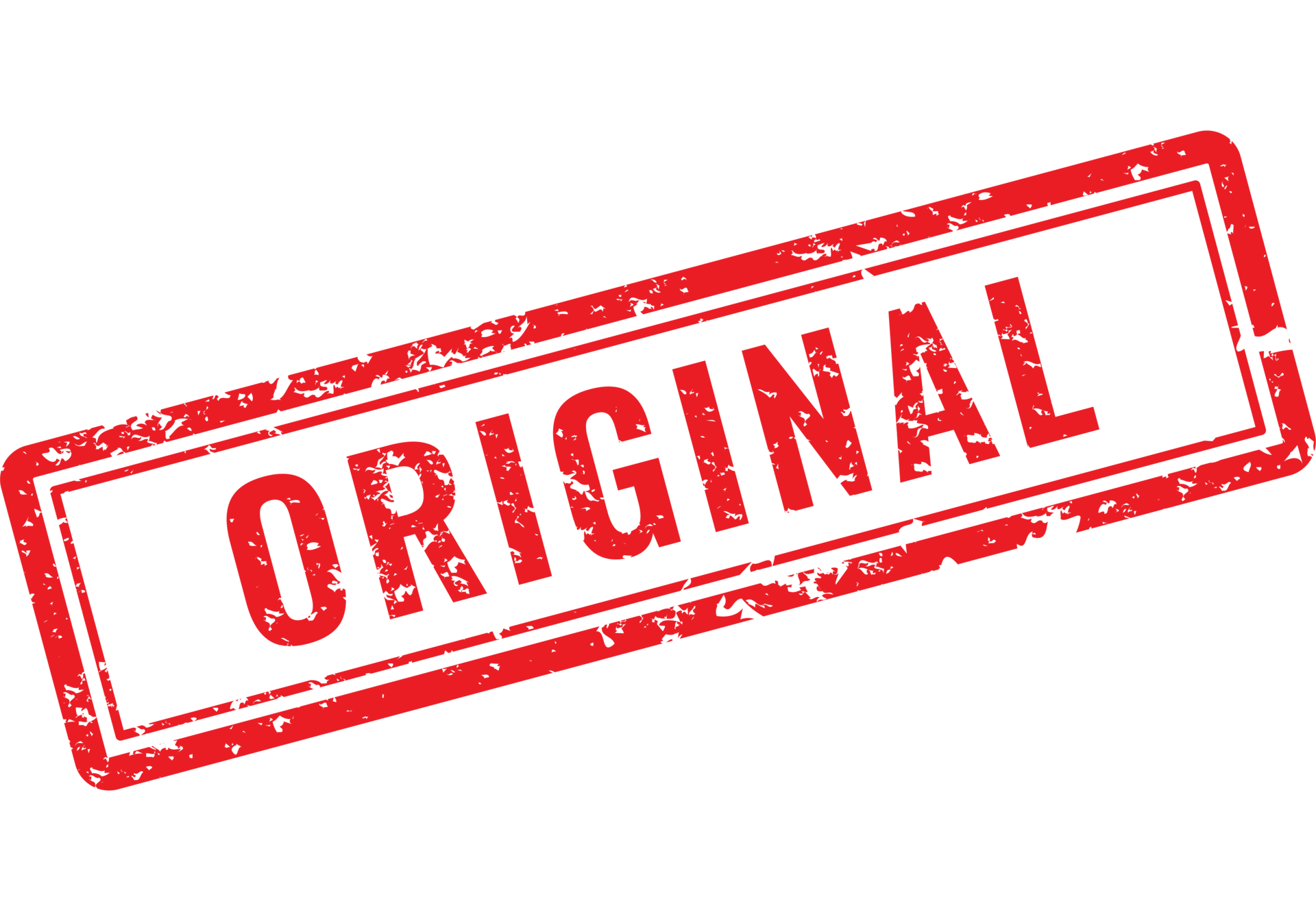The original Dune, a 1984 American epic science fiction film, remains one of cinema's most fascinating and polarizing adaptations. Directed by the enigmatic David Lynch and based on Frank Herbert's seminal 1965 novel of the same name, this ambitious project sought to bring an unparalleled universe to the big screen. Its journey from page to film was fraught with challenges, resulting in a movie that has been both vehemently criticized and passionately defended over the decades.
More than just a film, David Lynch's Dune is a cinematic artifact that embodies the complex relationship between a beloved literary work and its visual interpretation. Released on December 14, 1984, it plunged audiences into a world "beyond your experience, beyond your imagination," a tagline that perfectly encapsulates the film's audacious scope and often bewildering narrative. To truly appreciate its place in film history, one must delve into its origins, its unique artistic vision, and the enduring legacy it continues to carve out amidst newer adaptations.
The Genesis of a Galactic Saga: Frank Herbert's Vision
Before David Lynch ever set foot on the sands of Arrakis, the universe of Dune had already captivated millions through Frank Herbert's groundbreaking 1965 novel. This literary masterpiece wasn't just another science fiction story; it was a profound exploration of ecology, religion, politics, and human evolution. Herbert's novel was critically acclaimed, tying with Roger Zelazny's This Immortal for the Hugo Award for Best Novel and winning the inaugural Nebula Award for Best Novel in 1966. Its intricate world-building, philosophical depth, and complex characters set a new standard for the genre, making it a formidable challenge for any filmmaker to adapt.
- Cast Of Georgie And Mandys First Marriage
- Ronda Rousey Husband
- Sydney Sweeney Husband
- Tallulah Willis
- Oscar Best Actress
At the heart of Herbert's universe lies the most precious substance: the spice melange. This vital compound, found exclusively on the vast desert planet Arrakis, also known as Dune, is crucial for space travel, extending life, and enhancing consciousness. The planet's native inhabitants, the Fremen, a nomadic people, have long held a prophecy of a coming messiah from another world who would lead them to freedom. This rich tapestry of lore, political intrigue involving the galactic emperor Shaddam IV and the powerful Bene Gesserit sisterhood, and the existential threat posed by giant sandworms, provided a fertile ground for a cinematic adaptation, yet also presented immense narrative hurdles.
David Lynch's Bold Interpretation: Crafting the 1984 Film
The task of bringing Frank Herbert's complex vision to the screen fell to David Lynch, a director known for his surreal, often unsettling, and highly idiosyncratic style. Lynch not only directed but also wrote the screenplay for the 1984 film, a testament to his ambition to capture the novel's essence. The production itself was a monumental undertaking, filmed at the Churubusco Studios in Mexico City, a choice that contributed to its unique visual aesthetic. The soundtrack, a blend of the rock band Toto's epic compositions and ambient soundscapes by Brian Eno, further cemented the film's distinct atmosphere, weaving a sonic tapestry that was as unusual and memorable as the visuals.
Lynch's Dune was released in theaters on December 14, 1984, carrying the weight of immense anticipation. It was a project that had been attempted by various filmmakers before, including Alejandro Jodorowsky, whose famously unproduced version is a legend in itself. Lynch's take was characterized by its faithful adherence to many of the novel's visual details, from the ornate costumes to the imposing structures and the terrifying majesty of the sandworms. However, his distinct artistic sensibilities and the pressures of condensing such a vast narrative into a single film resulted in a product that defied easy categorization and left many viewers bewildered.
A Stellar Ensemble: The Cast of Original Dune
The success of any adaptation hinges significantly on its cast, and the original Dune boasted an impressive array of talent, many of whom were rising stars or established veterans. Leading the ensemble was Kyle MacLachlan, in his film debut, as the young nobleman Paul Atreides. MacLachlan's portrayal captured Paul's journey from a privileged duke's son to a prophetic leader, a role that would become iconic in his early career and establish a long-standing collaboration with Lynch.
Francesca Annis delivered a powerful performance as Lady Jessica, Paul's mother and a formidable member of the Bene Gesserit. Her portrayal conveyed the character's internal conflict and immense strength. José Ferrer brought a regal, yet subtly menacing presence to Emperor Shaddam IV, the ruler of the known universe who views the Atreides family as a threat to his power. The cast also included notable actors like Leonardo Cimino and Brad Dourif, each contributing to the film's rich tapestry of characters. This diverse and talented group helped to ground the fantastical elements of the story, even amidst the film's more abstract and surreal moments.
The Intricate Plot: A Duke's Son's Destiny
The narrative of the original Dune is as vast and complex as the universe it portrays. In the year 10,191, the galaxy revolves around the spice melange, found only on Arrakis. The powerful Spacing Guild, whose navigators rely on the spice for interstellar travel, sends an emissary to the planet Kaitain to discuss a threat to spice production with Emperor Shaddam IV. This sets the stage for a grand deception: the Emperor, fearing the rising power of Duke Leto Atreides, assigns him control of Arrakis, knowing it is a trap orchestrated with the malevolent Baron Harkonnen, Leto's evil nemesis.
The core of the story follows Paul Atreides, Duke Leto's son, as his family relocates to the treacherous desert planet. After a devastating betrayal by the Harkonnens, Paul and his mother, Lady Jessica, escape into the deep desert. There, they encounter the Fremen, the planet's fierce native inhabitants, who have long held a prophecy of a messiah who would lead them to paradise. Paul, embracing his destiny, unites with the Fremen, learning their ways and harnessing his latent abilities. He embarks on a warpath of revenge against the galactic emperor and the Harkonnens, leading the desert warriors to free their world from imperial rule and fulfill the ancient Fremen prophecy. The film portrays this epic struggle, emphasizing Paul's transformation and the Fremen's fight for liberation.
Critical Sands: The Divisive Reception of Dune (1984)
Upon its release, the original Dune was met with a largely negative and bewildering reception from critics. Many found the film to be an impenetrable mess, struggling to grasp its convoluted plot and dense exposition. Phrases like "a real mess, an incomprehensible, ugly, unstructured, pointless excursion into the murkier realms of one of the most confusing screenplays of all time" became common refrains in reviews. Some critics even stated that it took "about nine minutes to completely strip me of my anticipation," highlighting the immediate sense of confusion and disappointment many felt.
Rotten Tomatoes, a prominent aggregator of film reviews, reflects this initial critical backlash, with low critic and audience scores today. The film's ambitious scope, combined with its highly stylized visuals and Lynch's often abstract approach, proved too much for mainstream audiences and critics accustomed to more conventional sci-fi narratives. The sheer volume of information from Frank Herbert's novel, compressed into a single film, often resulted in clunky voiceovers and rapid-fire explanations that left viewers feeling lost rather than immersed. This critical reception significantly impacted the film's commercial performance, leading to its initial designation as a box office disappointment.
Legacy and Reappraisal: The Enduring Allure of Lynch's Dune
Despite its initial critical drubbing and commercial struggles, the original Dune has, over the decades, cultivated a passionate cult following. Its unique aesthetic, which blends grandiosity with Lynchian surrealism, has garnered a reappraisal among fans who appreciate its distinctive vision. The film's tagline, "A world beyond your experience, beyond your imagination," truly captures the essence of its singular appeal. It is an "unbelievable world beyond time and space, the ultimate adventure that goes beyond the imagination," for those willing to dive into its depths.
For many, Lynch's Dune stands as a fascinating, if flawed, attempt to translate an unfilmable book. Its visual design, from the grotesque Harkonnens to the majestic sandworms and the intricate details of Arrakis, is undeniably memorable. The film's commitment to its strange, operatic tone, even when it veers into the truly bizarre, has become a source of its charm for its devotees. This enduring allure speaks to the power of a director's unique voice, even when that voice is at odds with conventional storytelling. It continues to be discussed, debated, and re-evaluated by new generations of viewers, solidifying its place as a significant, albeit controversial, piece of science fiction cinema.
Original Dune vs. Modern Interpretations: A Tale of Two Visions
The release of Denis Villeneuve's recent Dune films has inevitably reignited discussions and comparisons with David Lynch's 1984 adaptation. For fans and critics alike, exploring the key differences and similarities between Denis Villeneuve and David Lynch's Dune movies has become a compelling exercise. Villeneuve's approach is often lauded for its epic scale, grounded realism, and meticulous pacing, allowing the story to unfold over multiple films. In contrast, Lynch's version is characterized by its compressed narrative, surreal visual flourishes, and a more pronounced sense of the grotesque.
While Villeneuve's films have achieved widespread critical and commercial success, a vocal segment of fans maintains a deep affection for the 1984 original. Indeed, some boldly claim that, "at the risk of angering the sisterhood of the Bene Gesserit and at least two or three giant sandworms, the original 1984 Dune film is a more entertaining watch than the new." This sentiment often stems from an appreciation for Lynch's audacious artistic choices, his unique interpretation of the characters, and the sheer audacity of attempting to cram such a vast narrative into a single movie. Both versions offer distinct cinematic experiences, and their existence allows for a richer, more nuanced understanding of Frank Herbert's enduring masterpiece.
Where to Watch the Original Dune (1984)
For those eager to experience or re-experience David Lynch's unique take on Arrakis, the original Dune (1984) is readily accessible on various streaming platforms. As of the latest information, the film is currently streaming on both HBO Max and HBO, making it convenient for subscribers to delve into its intricate world. If you want to watch Dune (1984) without the hassle of searching, you can discover instantly where it’s streaming, whether it’s Netflix, Hulu, Disney+, Prime Video, Max, Peacock, or one of the 50+ other services. Many online guides and streaming aggregators can help you find the cheapest way to watch, including options to buy, rent, or even snag a free trial.
Its continued availability on major streaming services underscores its enduring relevance and the curiosity it still sparks among science fiction enthusiasts. Whether you're a long-time fan or a newcomer drawn in by the recent adaptations, watching the 1984 film offers a crucial perspective on the history of Dune on screen and provides a deeper appreciation for the challenges and triumphs of adapting such a monumental work.
The Expanding Universe: Dune's Future on Screen
The success of the recent Dune films has not only renewed interest in the original 1984 movie but has also paved the way for an exciting expansion of the franchise's cinematic universe. Following the triumph of the big-screen adaptations, a new original show, Dune: Prophecy, is slated to debut in the fall of 2024. This highly anticipated series will serve as a prequel to the main saga, delving into the origins of the powerful Bene Gesserit sisterhood.
This expansion demonstrates the enduring appeal and vast potential of Frank Herbert's universe. The ability to explore different eras and aspects of the Dune lore through various mediums, from films to streaming series, allows for a comprehensive and immersive experience for fans. It also highlights how the original 1984 film, despite its mixed reception, laid crucial groundwork, proving that Herbert's world could indeed be brought to life on screen, even if in a way that challenged conventional storytelling.
Why the Original Dune Still Matters Today
The original Dune, directed in 1984 by David Lynch, holds a unique and indelible place in the annals of science fiction cinema. Despite its initial critical panning and the difficulties Lynch himself faced during its production, the film remains a vital cultural artifact. It stands as a testament to the sheer ambition of adapting a literary behemoth and the courage of a director to infuse it with his distinct, often unsettling, artistic vision. While not universally beloved, its visual grandeur, unique production design, and iconic soundtrack by Toto and Brian Eno have cemented its status as a cult classic.
More than just a historical curiosity, the 1984 Dune continues to spark debate and inspire discussion. It serves as a fascinating case study in film adaptation, highlighting the inherent challenges of translating complex narratives and rich world-building from page to screen. Its very existence paved the way for future attempts, including the highly successful modern adaptations, by demonstrating both the pitfalls and the immense potential of Frank Herbert's universe. For any true fan of science fiction, or anyone interested in the evolution of cinematic storytelling, understanding and engaging with the original Dune is an essential part of the journey.
In conclusion, David Lynch's 1984 Dune is far more than just a flawed film; it is a bold, uncompromising artistic statement that dared to tackle one of science fiction's most revered novels. Its legacy is one of division, passion, and enduring fascination, proving that even a "mess" can become a masterpiece in the eyes of its devoted followers. Whether you're revisiting the sands of Arrakis or discovering them for the first time through this unique lens, the original Dune offers an unforgettable cinematic experience. We encourage you to watch it, form your own opinion, and share your thoughts on this truly one-of-a-kind space opera. What are your favorite moments from Lynch's Dune, or how do you think it compares to other adaptations? Let us know in the comments below!


